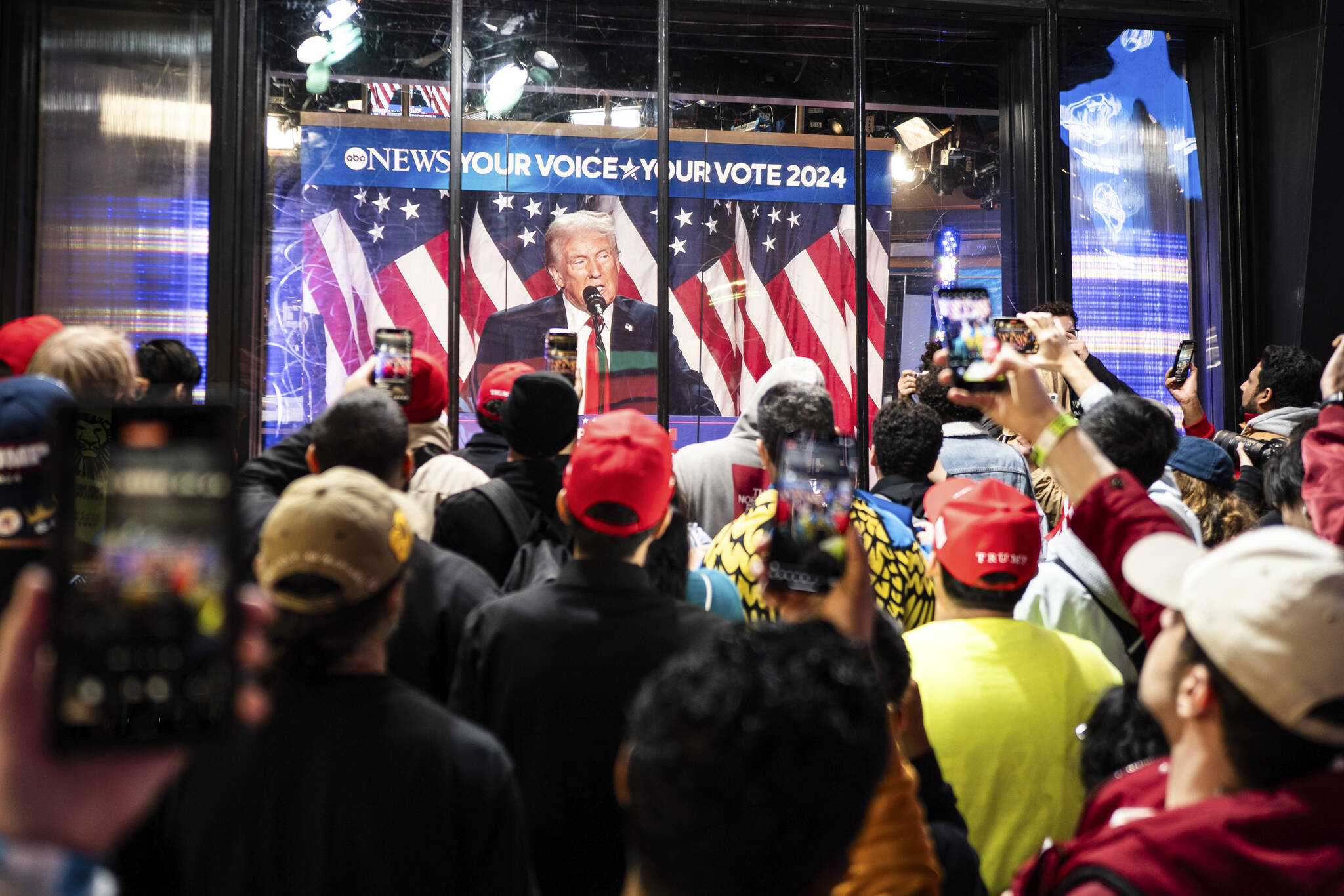Aside from not being a lifelong Republican like Peter Wehner, the sentiment he expressed in The Atlantic a few weeks ago perfectly captures how I felt the morning after Americans voted to return Donald Trump to the White House.
“I find this moment particularly painful and disorienting,” he wrote. “I have had strong rooting interests in Republican presidential candidates who have won and those who have lost, including some for whom I have great personal admiration and on whose campaigns I worked. But no election prior to the Trump era, regardless of the outcome, ever caused me to question the fundamental decency of America.”
I’m not going to recount the Republican Party’s failings for backing Trump. I’ve done enough of that the past few years. Instead, starting with President Joe Biden’s inauguration speech, I want to consider the failure of Democrats to imagine it was possible for Trump to win.
“Today, we celebrate the triumph not of a candidate, but of a cause, the cause of democracy,” Biden said while standing above the riot fences made necessary by the Jan. 6 insurrection.
That declaration proved to be as premature as the mission accomplished speech President George W. Bush delivered less than two months after invading Iraq.
Biden went on to say his “whole soul” was committed to uniting Americans. But a few months later he signed the American Rescue Act. Then he tried to push his Build Back Better proposal through Congress. Both included a massive amount of federal spending. And because neither were supported by a single Republican, both helped feed the antidemocratic forces on the right.
Writing in The Atlantic a few months later, George Packer warned that our democracy wasn’t secure. He called for “a broad alliance of the left and the center-right…to imagine America’s political suicide without distractions or illusions. And it would have to take precedence over everything else in politics.”
The various left-wing factions in the Democratic Party didn’t see it that way. Living in bubbles similar to those on the right, they sought immediate solutions on climate change, environmental protection, transgender rights, student loan indebtedness and more.
Biden wasn’t worried either. Despite the fact the majority of Americas thought he was too old to serve another term, the party stood firmly behind his illusion that he could beat Trump in a rematch.
After he dropped out, Vice President Kamala Harris had a chance to put the left’s agenda on the back burner and build the kind of alliance Packer envisioned. By boldly choosing a Republican running mate who understood the threat Trump poses, she might have earned the trust of many of the so-called Haley Republicans and independents who didn’t want him back in power.
However, even if she imagined it, she couldn’t trust that the party’s left would join her. Like the pro-Palestinian activists who sat out the election in protests over Biden’s inability to halt the killing in Gaza, others would have abandoned her candidacy.
Now, in a matter of months, whatever modest gains Biden delivered to any of their causes will be carted off to the dumpster.
The National Forest Roadless Rule is an example of such progress and backsliding. Put in place by Bill Clinton, George W. Bush granted an exemption for the Tongass. Barack Obama reinstated the rule. Trump reinstated the exemption.
The Southeast Alaska Conversation Society grossly exaggerated the impact of Trump’s decision. The effort to get Biden to reverse it was a distraction. Expecting it would hold after he reinstated it was an illusion.
The sad truth Democrats must come to terms with is a Republican named Liz Cheney was the only one willing to sacrifice everything to defend democracy against the possibility of an authoritarian Trump presidency.
“If Donald Trump wins the election,” Wehner concluded, “those of us who grew up loving America won’t stop loving her. But it will be a love tinged with profound disappointment and concern, almost to the point of disbelief.”
The new reality we face is heartbreaking. I pray that we don’t let our grief grow into grievances or dissipate into indifference. And for the sake of our children’s future, I hope we can put our imaginative energy towards solving the divisiveness that’s done so much damage to our democracy.
• Rich Moniak is a Juneau resident and retired civil engineer with more than 25 years of experience working in the public sector. Columns, My Turns and Letters to the Editor represent the view of the author, not the view of the Juneau Empire. Have something to say? Here’s how to submit a My Turn or letter.

